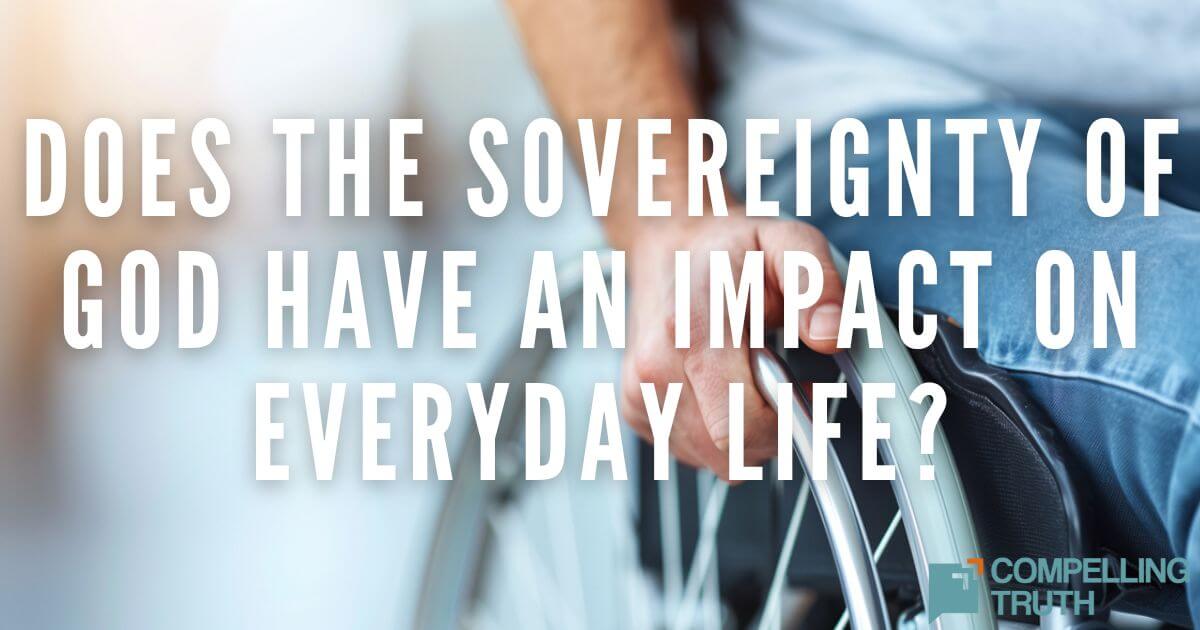Fate is the development of events beyond human control, as determined by a supernatural power. Destiny refers to the events that necessarily happen to a specific person or thing in the future. Fate and destiny are not biblical ideas because the Bible's description of future events is much more complicated than either of these. The Bible teaches that God is sovereign and in control, but it also teaches that He grants humans meaningful free will, as seen in Adam and Eve's choice in the garden of Eden. Our ability to choose does not alter God's overarching plan; instead, He uses our decisions to fulfill His purposes. Unlike fate or destiny, which suggests a predetermined outcome beyond our influence, the Bible emphasizes personal responsibility and the consequences of our choices. God has a calling on each person's life, but we have the freedom to follow or reject it, which distinguishes His plan from fatalistic concepts. Ultimately, the Bible encourages active participation in life, highlighting that our choices matter and have lasting impacts.
We have free will to obey or disobey God. We also have free will in other areas of our lives. We are free to choose where to live, where to work, whether or not to go to school, whom to befriend, whether or not to marry, and so much more. These choices affect our lives long-term to various degrees. In contrast to the concepts of fate or destiny, our lives will not go a certain direction void of our participation. Because our choices have life-affecting consequences, free will comes with responsibility. People are free to choose how they will walk through this life, and they are responsible for the outcome of their choices.
As confusing as it may sound, God is sovereign and He has given humans the ability to choose—His will is accomplished yet this is not the same thing as fate or destiny. The concepts of fate and destiny often speak to some impersonal force orchestrating the events of the world. But God is personally involved in the universe, desiring relationship with humanity, whom He created in His image (Genesis 1:26–27), and giving us what is good (Romans 8:28), what brings joy (Psalm 16:11), and fullness of life (John 10:10). God promises that His plans are for our good. We will never be disappointed in the outcome when we follow the Lord's will for our lives (John 17:20–26; 1 Peter 1:3–12).




